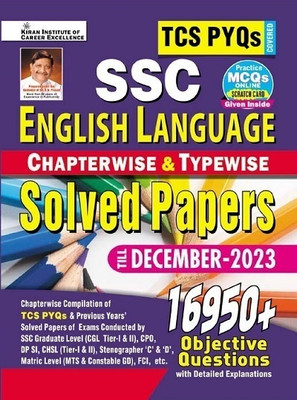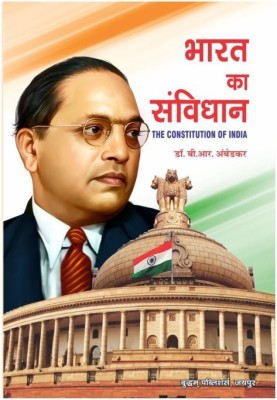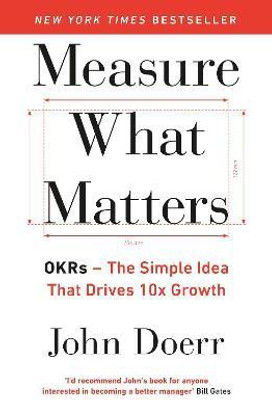
The Imperishable Seed: How Hindu Mathematics Changed the World and Why this History was Erased (Paperback, Bhaskar Kamble)
Share
The Imperishable Seed: How Hindu Mathematics Changed the World and Why this History was Erased (Paperback, Bhaskar Kamble)
Be the first to Review this product
Special price
₹699
Coupons for you
T&C
Available offers
T&C
Delivery
Check
Enter pincode
Delivery by14 Jun, Saturday|Free₹40
?
View Details
Highlights
- Binding: Paperback
- Publisher: Garuda Prakashan Pvt. Ltd
- Genre: Non-Fiction
- ISBN: 9798885751728
- Edition: First, 2024
- Pages: 454
Services
- Cash on Delivery available?
Seller
Description
“Not only has Dr. Kamble collected facts about ancient Indian mathematics, he has also analysed how it flowed naturally from the central philosophy and thought process of Indian society. Understanding such connections will help us in deciding the right direction of our efforts in the future.”
—Prof. H C Verma, Padma Shri
Professor of Physics (Retd.), IIT Kanpur, Author, “Concepts of Physics”
~*~
“Comprehensive, yet accessible to the non-expert.”
—Rajiv Malhotra
Author and Founder, Infinity Foundation
~*~
“... a welcome addition to the literature on Indian mathematics with new perspectives and insights.”
—M S Sriram
Former Professor (University of Madras) and author of books on Indian astronomy and mathematics
~*~
“Well-researched and well-written with deep empathy and pride in the Indian tradition ... a book to be read again and again and to be imbibed.”
—Prof. V S Ramamurthy, Padma Bhushan, Nuclear scientist &
—Prof. Dinesh Kumar Srivastava, Professor, National Institute of Advanced Studies, Bengaluru
~*~
“A scholarly work in decolonizing the history of mathematics, documenting its foundations in Indian schools of knowledge.”
—Sankrant Sanu
Author, The English Medium Myth
~*~
Students of mathematics learn of “Pascal’s Triangle”, “Fibonacci Sequence”, “Rolle’s Theorem” and “Taylor Series.” But they do not learn that these concepts were expounded much earlier than their supposed discoveries in Europe by Indian mathematicians such as Pingala, Hemachandra, Bhaskara and Madhava. Many of the fields of mathematics today—from the decimal representation of numbers and simple arithmetic to algebra, trigonometry, and even calculus—were developed by Hindu mathematicians or owe their origins to their works.
In The Imperishable Seed, Bhaskar Kamble assembles compelling evide
Read More
Specifications
| Publication Year |
|
Manufacturing, Packaging and Import Info
Be the first to ask about this product
Safe and Secure Payments.Easy returns.100% Authentic products.
Back to top




